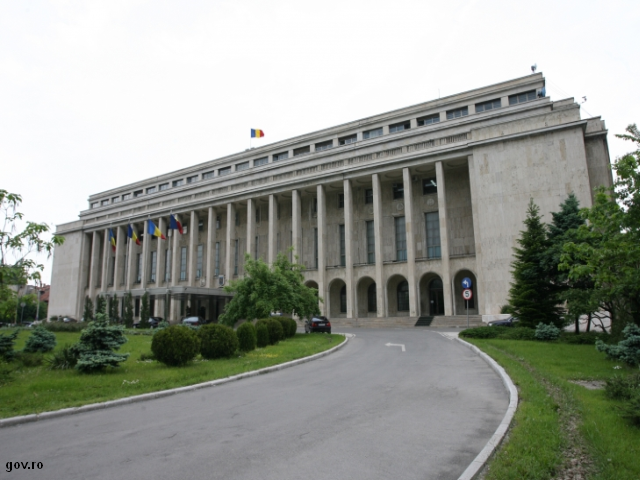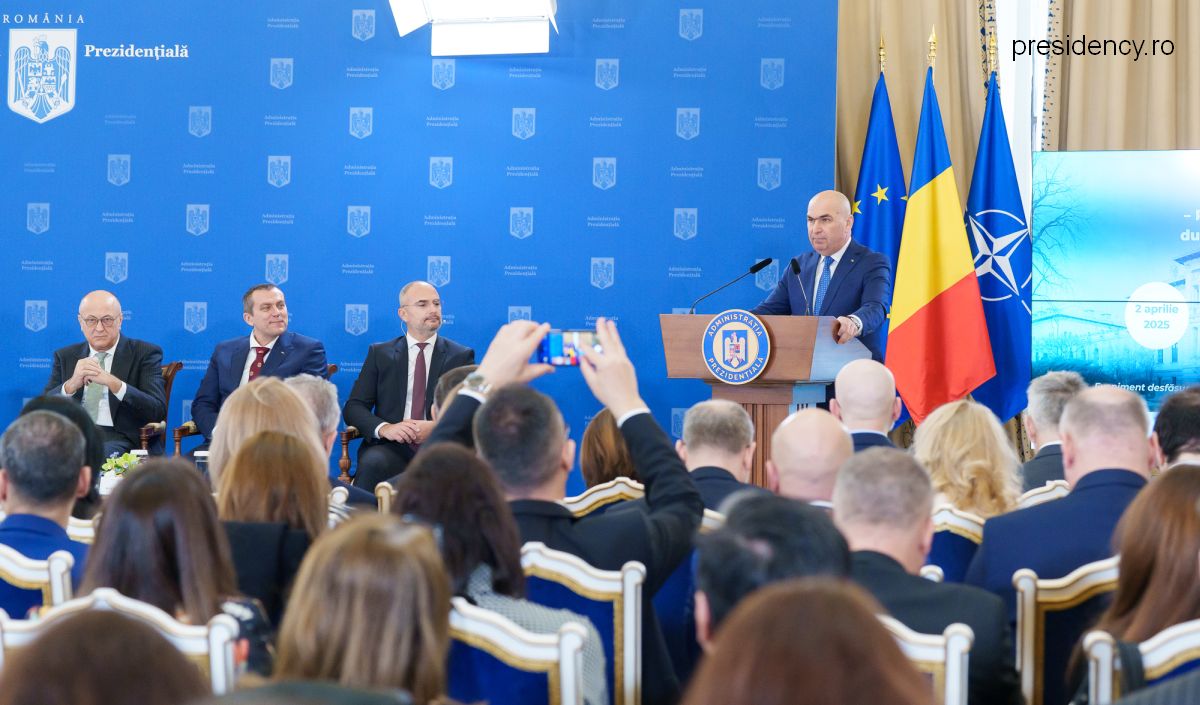In search of a government makeup
The Romanian political class is still far from finding a solution to the political crisis.
Warning: Trying to access array offset on null in /home/web/rri.ro/public/wp-content/themes/rri/template-parts/content.php on line 53

Warning: Trying to access array offset on null in /home/web/rri.ro/public/wp-content/themes/rri/template-parts/content.php on line 98
Bogdan Matei,
03.11.2021, 13:50
Political games to form a new government are resumed from scratch after the PM designate, Nicolae Ciuca, relinquished the mandate received from President Klaus Iohannis. The decision was taken by the leadership of the National Liberal Party (PNL) which he is a member of, after he failed to gain enough support in Parliament for a PNL-UDMR minority government. President Klaus Iohannis needs to call all parties for consultations again, to nominate a new potential prime minister.
The Liberal leader, Florin Citu, is now talking about more flexible negotiations and promises the Liberals will negotiate with what he calls all democratic forces in Parliament to form a majority able to support a new government. Had he become a PM, Nicolae Ciuca would have become the first member of the military at the helm of the government in post-communist Romania. The nomination of the reserve army general came after a survey confirmed that the Army and the Church are the two institutions that Romanians trust the most. According to the survey, 87% of Romanians trust the Army, 70% the Church and 67% the National Intelligence Service and the Romanian Academy. The corruption and incompetence of the political class are seen by more than 40% of respondents as the main threat. The media now speculates that the rebuilding of a so-called large coalition between PNL and PSD, that holds majority in parliament, is more likely than before. At the December 2020 elections, PSD got 157 seats in Parliament, PNL got 134, USR 80, AUR 47 and UDMR 30. At least 15 Liberal MPs, faithful to their former leader, Ludovic Orban, and unhappy with Florin Citus political approach, have left the Liberal parliamentary group, but, even so, PNL and PSD together still hold a conformable majority in Parliament.
PSD and PNL governed together in the past. Under the name Social-Liberal Union, the two parties got two thirds of the votes in the legislative elections of 2012. According to analysts, the current political crisis in Romania is a mere symptom of the chronic political instability in the country. After its EU accession on January 1, 2007, Romania had ten prime ministers endorsed by Parliament, who were either leftist or rightist and had long or short political mandates and five interim prime ministers, who took over after the resignations or dismissals of the first. Peoples confidence in Parliament and political parties has stood at around 10% for years. Accused of not doing its constitutional duty as mediator and seen more like part of the problem rather than of the solution, the head of state, Klaus Iohannis, enjoys a confidence rate of only 14%, according to a recent poll commissioned by PSD. This result only encourages AUR, the nationalist opposition, to announce initiation of procedures for his dismissal. (EE)






























